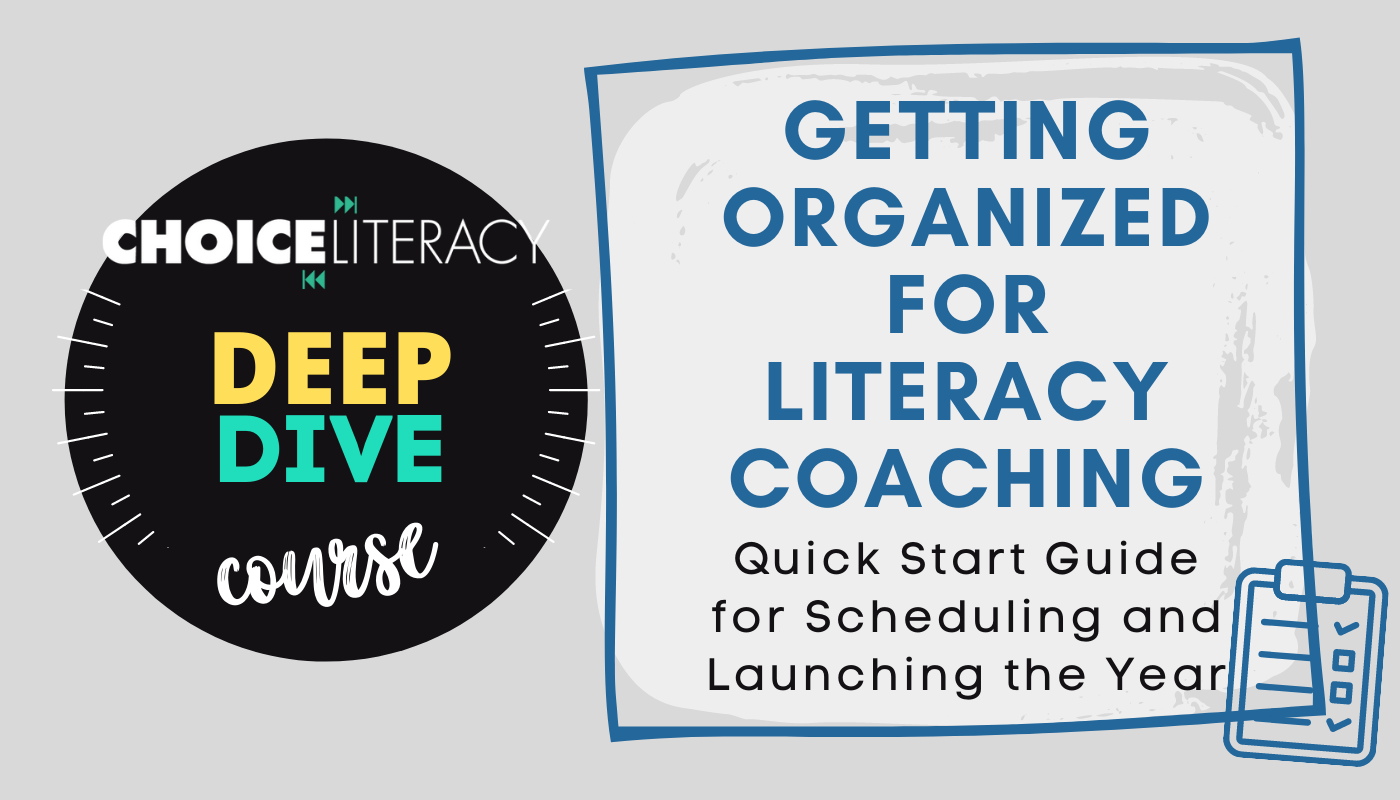Facts can be helpful, but rarely are they soulful.
—Bob Goff
Soulful
In my opening keynote for CCIRA, one of the statistics I shared is that on average human knowledge is doubling every 13 months. Information is available in an instant through a screen. Any fact you want to know, you can find.
You don’t have to get on a plane.
You don’t have to open a book.
You don’t have to interact with others.
Yet, knowing more doesn’t necessarily mean more clarity or understanding. I’ve never had a big bunch of facts change my life. “Facts can be helpful, but rarely are they soulful,” Bob Goff wrote in his book Undistracted: Capture Your Purpose. Rediscover Your Joy.
I was carrying this idea with me as I attended sessions led by Sonja Cherry-Paul, Nawal Qarooni, Aeriale Johnson, and Clare Landrigan. I listened and wrote, read and talked. I had conversations by the coffee shop and in front of the bookseller, during author signings, and between sessions.
I leaned into these conversations—some with friends and mentors, others with strangers—and I imagined new possibilities for instruction and leadership. I was being molded into a stronger, wiser, and more aware educator. It was helpful, but more importantly…it was soulful.
I was reminded of the simplicity of powerful professional learning. It happens when we have time to linger with others who are purposefully becoming wiser and more aware educators.
When we share breathing space together, we are changed in ways that are impossible through a screen. I’m not saying that it’s impossible to learn and grow as an educator through virtual professional learning or to make meaningful connections virtually, but I am saying that something different happens when we learn side by side in person.
If things feel dreary and dark in your corner of the world, then I encourage you to attend a conference or workshop. I hope it will be as soulful for you as CCIRA was for me.
This week we curated articles about helping students think more deeply—plus more, as always.
Shine on,
Ruth Ayres
Editor in Chief

Melissa Quimby shares a powerful story from her classroom and a beautiful short story anthology, Black Boy Joy, recommended by a student.
Brenda Power’s lead essay is timeless as she reminds us that thinking is good for the soul.
Mandy Robek reflects on her identity as a digital and print reader and offers strategies to support students reading digital texts. This article was first published in 2020.
Katie DiCesare offers an emergent reader booklist that encourages students to think deeply about the text. This article was first published in 2015.
In this course, experienced literacy coaches unzip their bags and totes to share what they carry into classrooms. We open up our coaching notebooks to show you the pages and lessons we can’t live without. We share what hasn’t worked in the past, and how our schedules and plans have evolved over time. You’ll finish the course with sample calendars, templates, checklists, and insider tips for launching your coaching year with confidence and enthusiasm.
In Getting Organized for Literacy Coaching, you’ll learn there is not one right way to get organized for coaching. But there are many good ways. And from the mosaic of possibilities in this course, we are confident you’ll find the best way for you.

New members-only content is added each week to the Choice Literacy website. If you’re not yet a member, click here to explore membership options.
Inspired by toolkits with math manipulatives, Jen Court created literacy toolkits with the help of her first-grade students. These toolkits grow and change across the year and according to student needs, and they help students “touch their thinking” and become more independent readers and writers.
Dana Murphy comes to a lesson about asking questions in a curriculum resource and realizes it is not what her students need. She has designed a lesson to make asking questions more meaningful and useful for her students.
Mallory Messenger shares the intentional moves needed to help students build independence in problem solving.
In an encore video, Julianne Houser meets with a small group of fifth graders to help them build skills for tracking thinking.

New members-only content is added each week to the Choice Literacy website. If you’re not yet a member, click here to explore membership options.
Stephanie Affinito invites instructional coaches to engage in a 30-Day Coaching Challenge designed to bring renewed enthusiasm and effectiveness to our work. Grab a notebook and get started today!
In an encore article, Brian Sepe finds video is a wonderful tool for fostering both teacher and coach reflection.
Vicki Collet shares five coaching moves to select based on the needs of the teacher.
Quote It:
The important thing is to not stop questioning. Curiosity has its own reason for existing.
—Albert Einstein
That’s all for this week!





